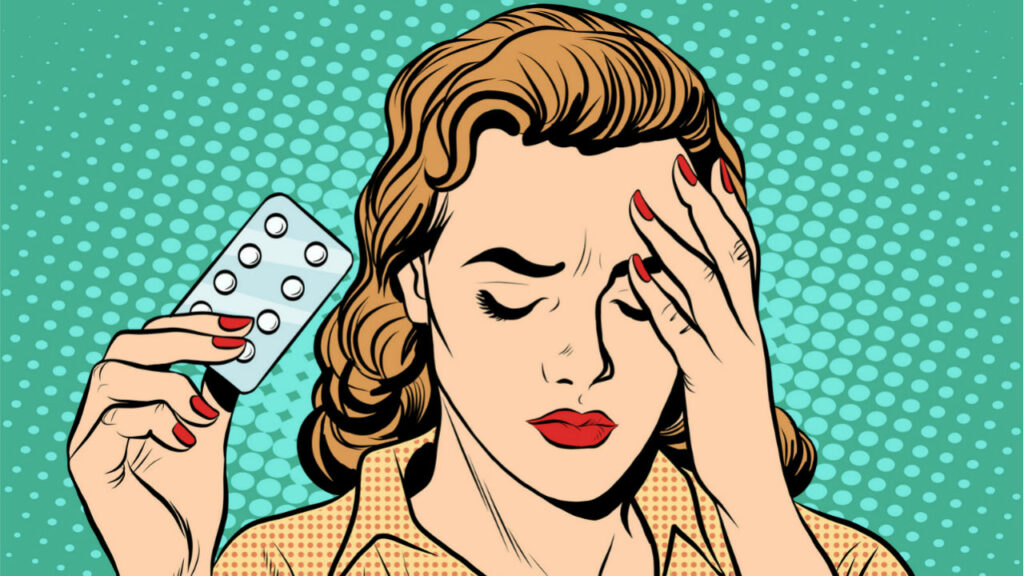Blog Post
The secular world is waking up to just how terrible contraception is for young women
By Jonathon Van Maren
As a pro-life person, I am morally opposed to many forms of so-called “birth control” not simply on religious grounds, but on ethical grounds. Many forms of hormonal birth control have the capacity to function as abortifacients and can end the life of a child at a very early age – something nearly all users are unaware of and something many medical professionals deny. For those interested in the facts on this, Alexandra De Sanctis penned a very helpful explainer at National Review titled “Yes, Some Contraceptives Are Abortifacients,” and the pro-life educational organization Live Action has a very thorough reference guide on that subject that you can peruse here (and if you have any questions, I strongly recommend taking a look).
With that aside, there are many other practical good reasons to avoid birth control that ethicists and academics have been highlighting for years, most notably perhaps in Dr. Janet E. Smith’s popular and prescient presentation “Contraception: Why Not?” As usual, it has taken secular observers some time to catch up with religious scholars on this subject, committed as they are to “reproductive healthcare” that serves the function of enabling the sexual revolution’s commitment to facilitating sex without procreation. The latest comes from New York Post columnist and News Features reporter Rikki Schlott, who covers campus culture, Gen Z, higher ed, and women’s issues in a column titled “Why more women, like me, are abandoning the pill over emerging health concerns.”
Schlott writes that she, like most girls her age, started taking the pill in high school as a treatment for acne. During the pandemic, after six years taking it, she started wondering what effect it was having on her. She decided to stop taking it. “Many of my friends,” she writes, “are independently doing the same, whether it’s driven by concern for their mental health, desire for something more natural—or curiosity about what the world looks like when you’re not in a hormonal fog. For more and more Gen Z women, there’s an intuitive sense that hormonal birth control might be messing with us, and our brains. And research is backing it up, showing correlations between the pill and a decreased sex drive, as well as higher rates of depression and suicide, and even stress reactions similar to PTSD survivors.”
Schlott then refers to a 2019 book by research psychologist Dr. Sarah Hill titled This is Your Brain on Birth Control: The Surprising Science of Women, Hormones, and the Law of Unintended Consequences, which she wrote after discovering how different she felt after she stopped taking the pill herself. She suspects that many other women are feeling the same way, citing a nine percent drop in oral contraceptive use between 2002 and 2017, and doctors anecdotally observing women wanting something different. Viral social media videos and TikTok and elsewhere feature women talking about the impact of the pill on their health, driving a long overdue conversation. Many, ironically, find that the pill was killing their sex drive – a side effect that academics like Smith have been talking about for years.
READ THE REST OF THIS COLUMN HERE








